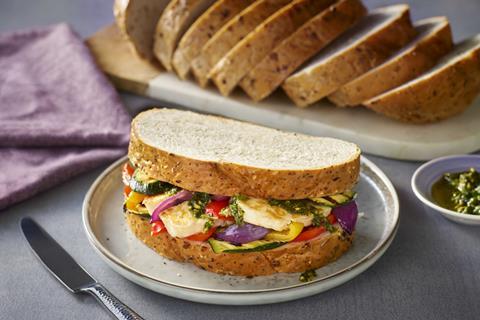
The Advertising Standards Authority (ASA) has ruled in favour of Hovis following a complaint on use of certain words and phrases in online marketing for its Rustic Bloomer loaves.
The ruling comes after a four-month investigation by the organisation, which looked into a complaint from the Real Bread Campaign that said claims in Hovis adverts were misleading and could not be substantiated by the manufacturer.
With the understanding that the bread was produced using automated industrial techniques, the Campaign sought to challenge specific claims of:
- ‘Rustic’, ‘authentic’, and ‘traditional’
- ‘Artisanal-inspired’
- ‘No artificial preservatives’.
A Summary of Council decision posted on the ASA website this morning (28 February) stated that the ‘three issues were investigated, all of which were not upheld’.
The Hovis adverts in question included three webpages seen on 6 September 2023 promoting its recently launched Rustic White Bloomer, Rustic Granary Bloomer, and Rustic Seeded Bloomer. Described as another step towards redefining the pre-packaged bread market, the premium sliced bloomer loaves form part of Hovis’ Bakers Since 1886 range.
Text used in the advert for the Rustic White Bloomer, for example, stated: ‘This delicious rustic white bloomer has been created by our expert bakers using a traditional starter dough for more flavour and formed into an authentic and distinctive bloomer shape. Benefits – No artificial preservatives. Baked with a traditional starter dough for more flavour.’
In addition, an Instagram post by Hovis made on 26 September 2023 featured a video of Tiktok influencer Sevda Cataltas making a sandwich using Hovis Rustic Seeded Bloomer. In her description of the bread, Cataltas voiced terms such as “artisanal-inspired”, “rustic”, “authentic”, and “traditional”.
In its response to the complaint, Hovis argued that it had used the term ‘rustic’ to refer to the presentation of the whole bloomer loaf, citing the Cambridge Online Dictionary definition of rustic being ‘simple and often rough in appearance; typical of the countryside’.
The bloomer products were said to be more irregular in their size, shape and crumb when compared with other Hovis breads such as its Soft White loaf.
Hovis also claimed that none of its rustic bloomers were made via the Chorleywood process, and that the adverts and labelling did not suggest manufacturing took place in the countryside to a simple recipe of natural ingredients by traditional, craft baking methods. All the products included full and legally compliant ingredient lists, it added.
The term ‘authentic’ was used in a limited context only when referring to the bloomer shape, while ‘traditional’ referred to the starter dough used in the breadmaking – Hovis noted this is one of the oldest forms of cooking in human history. It also highlighted that it had not included the term ‘sourdough’ in labelling or marketing.
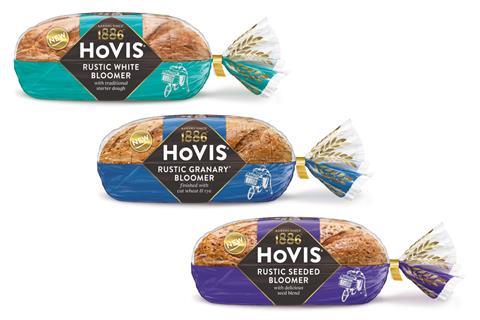
Hovis asserted that consumers readily understood that an ‘artisan-inspired’ bread did not mean it was either artisanal or made by artisans. Lastly, it dismissed the complaint regarding the term ‘no artificial preservatives’ as it said the additive in question – E472e – was in fact a dough conditioner and not something that was used to prolong the shelf life of the product.
Real Bread Campaign responds
In reaction to the announcement that the ASA Council had chosen not to uphold any element of its complaint, Real Bread Campaign coordinator Chris Young said: “We believe that this is another case of an industrial dough fabricator appropriating the language of real bread making to market fundamentally different products made by fundamentally different means.
“Shoppers need clear, honest information in order to make better-informed choices. When corporations use language like ‘artisan’ or ‘authentic’, they are implying the product is produced to better standards,” Young added.
The Real Bread Campaign has repeatedly weighed in on the wholemeal debate, welcoming changes to the Bread & Flour Regulations 1998 confirmed by Defra in January, while expressing concern over the recent industry statement that said half and half loaves would not need to remove ‘wholemeal’ from the front of pack.



















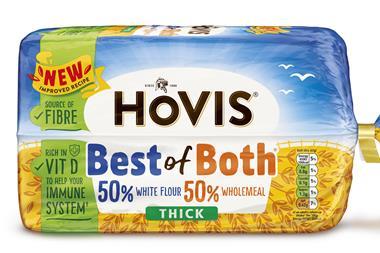
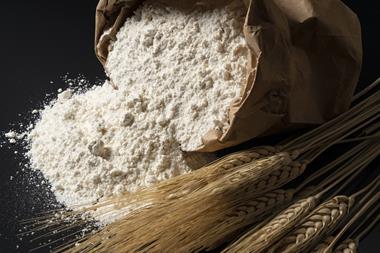

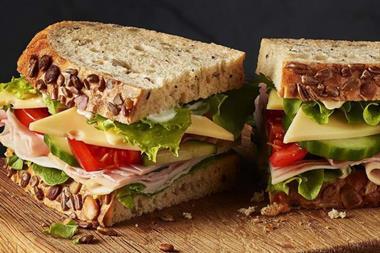
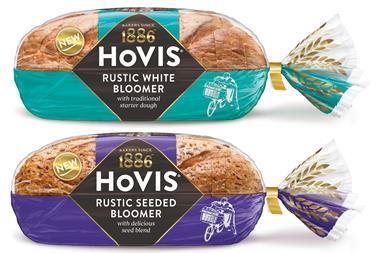
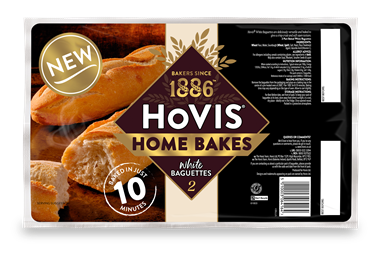







No comments yet